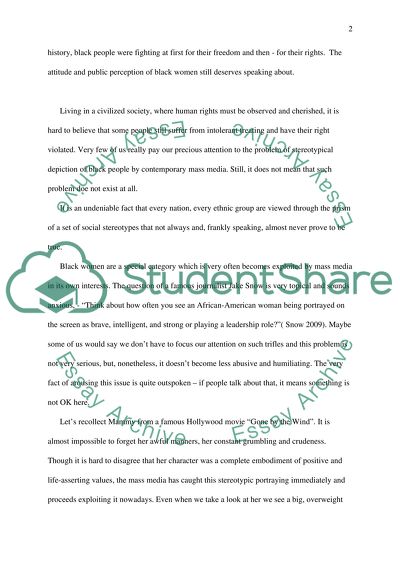Cite this document
(“How the media portrays African American women and african american Research Paper”, n.d.)
Retrieved from https://studentshare.org/family-consumer-science/1416737-how-the-media-portrays-african-american-women-and
Retrieved from https://studentshare.org/family-consumer-science/1416737-how-the-media-portrays-african-american-women-and
(How the Media Portrays African American Women and African American Research Paper)
https://studentshare.org/family-consumer-science/1416737-how-the-media-portrays-african-american-women-and.
https://studentshare.org/family-consumer-science/1416737-how-the-media-portrays-african-american-women-and.
“How the Media Portrays African American Women and African American Research Paper”, n.d. https://studentshare.org/family-consumer-science/1416737-how-the-media-portrays-african-american-women-and.


